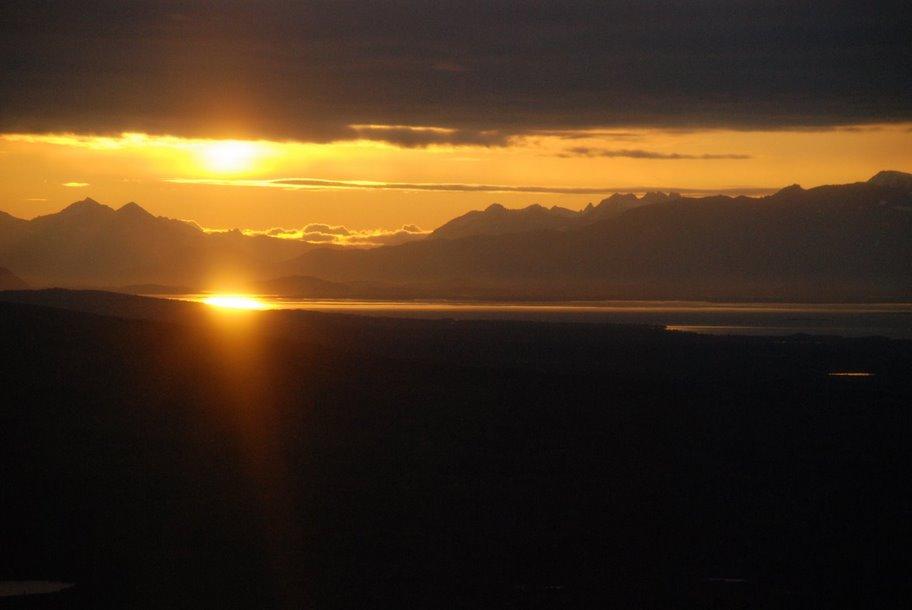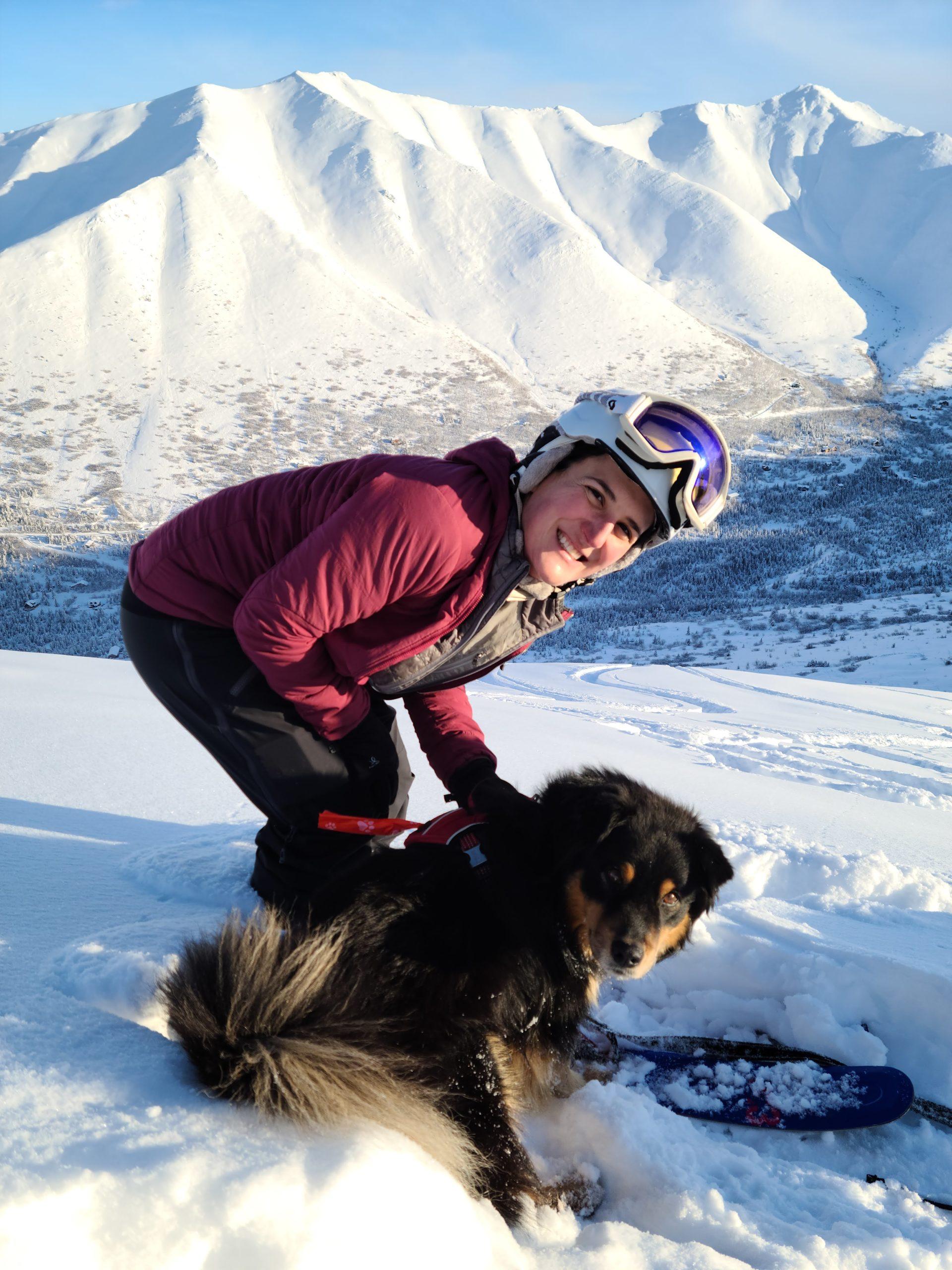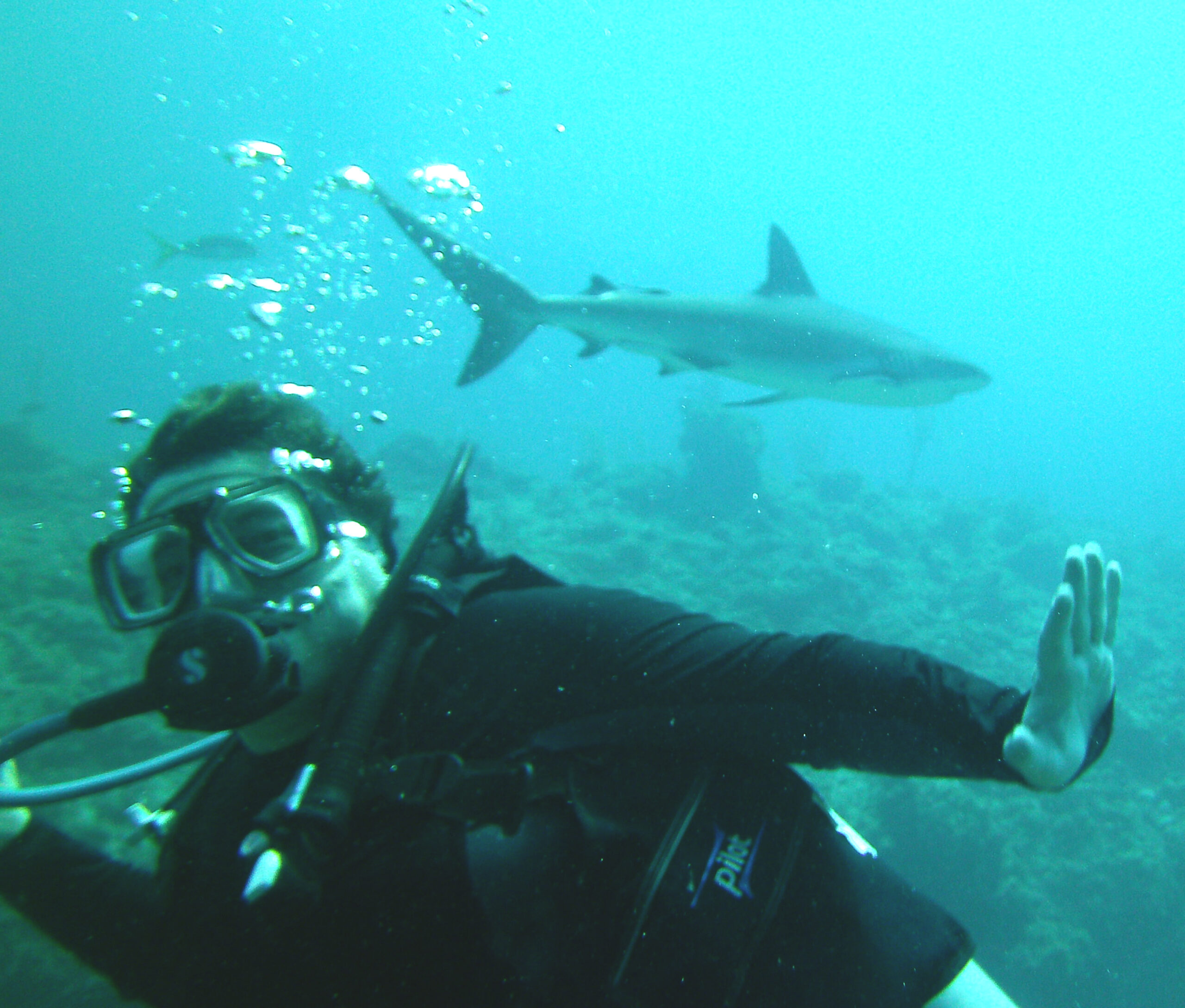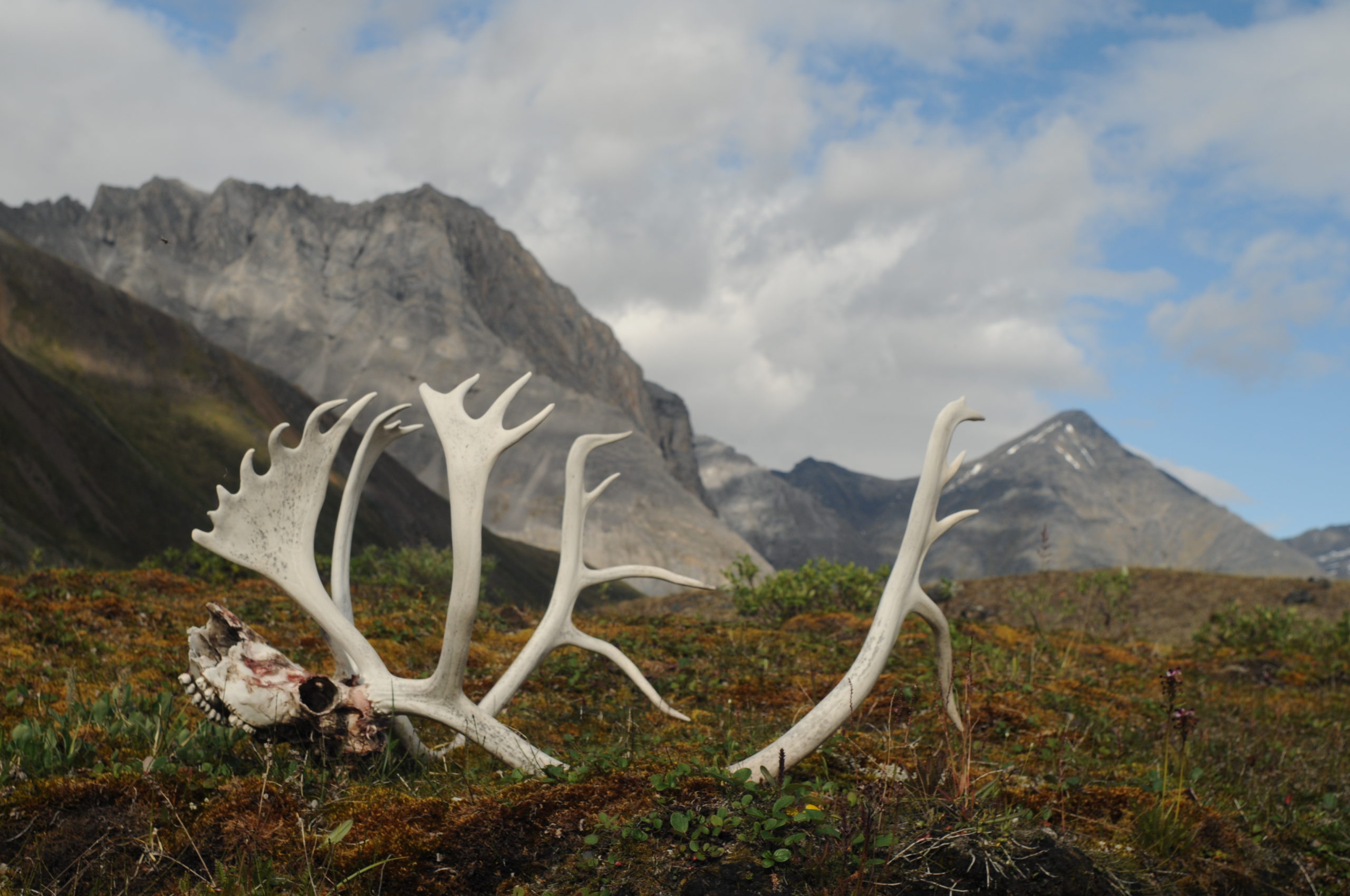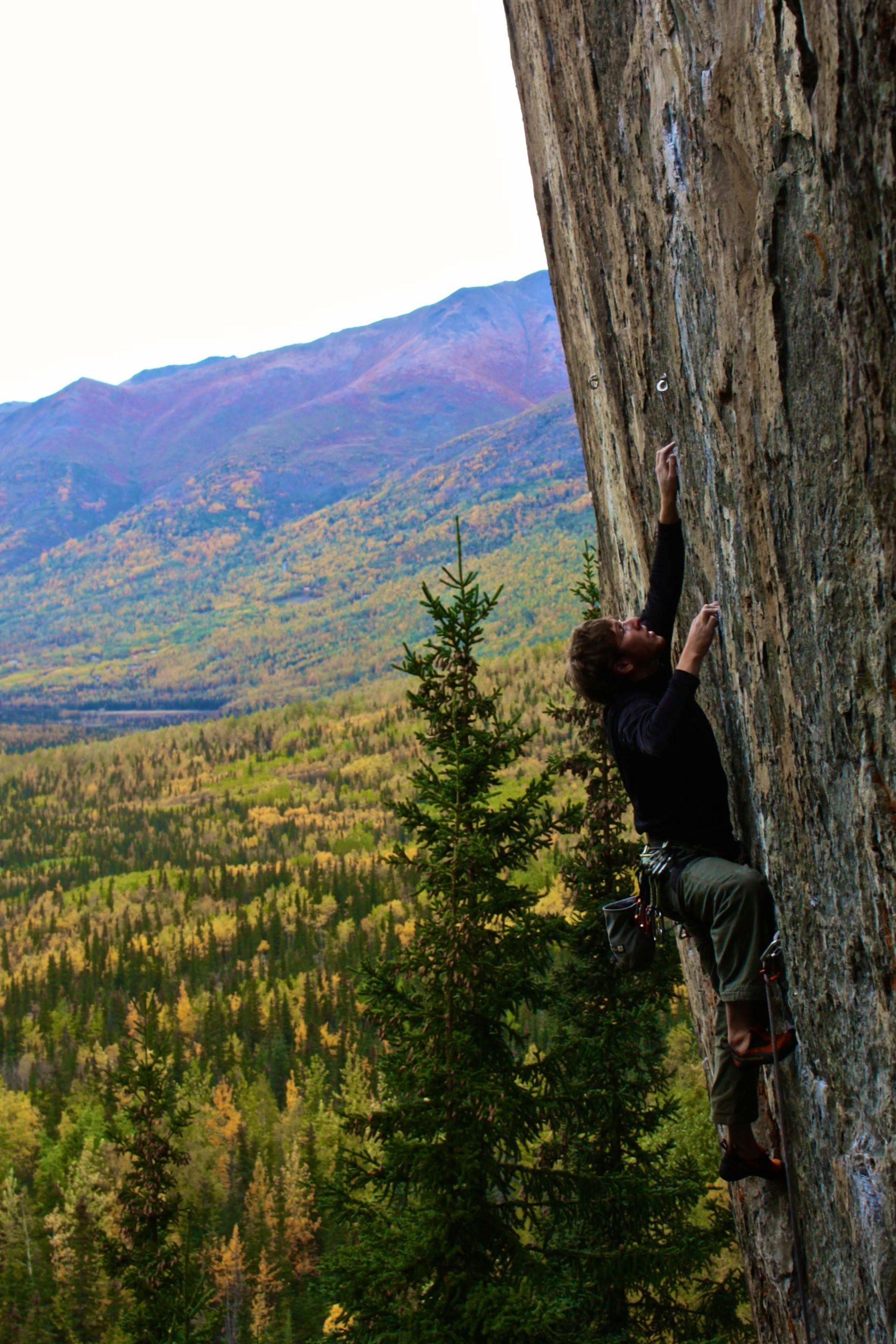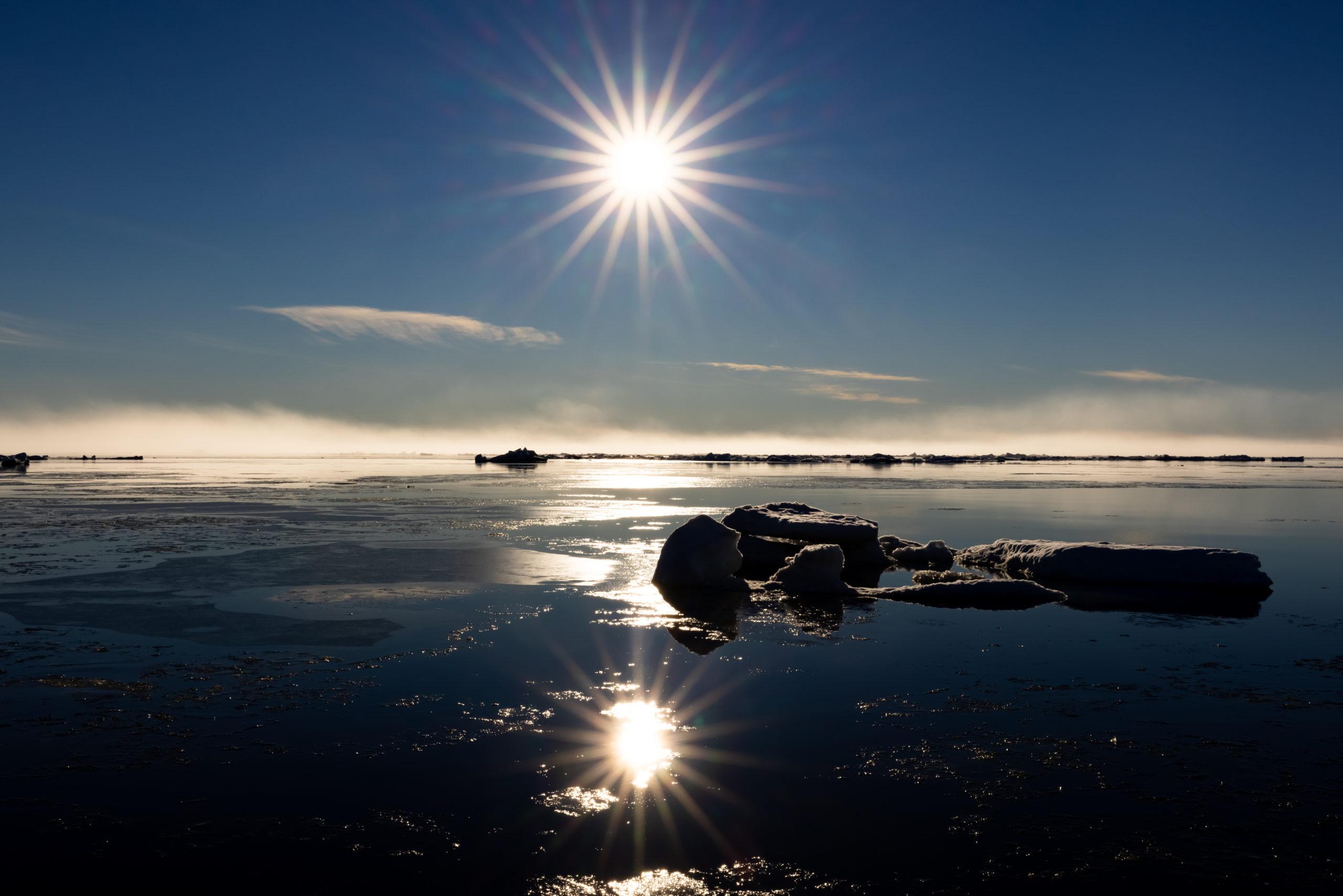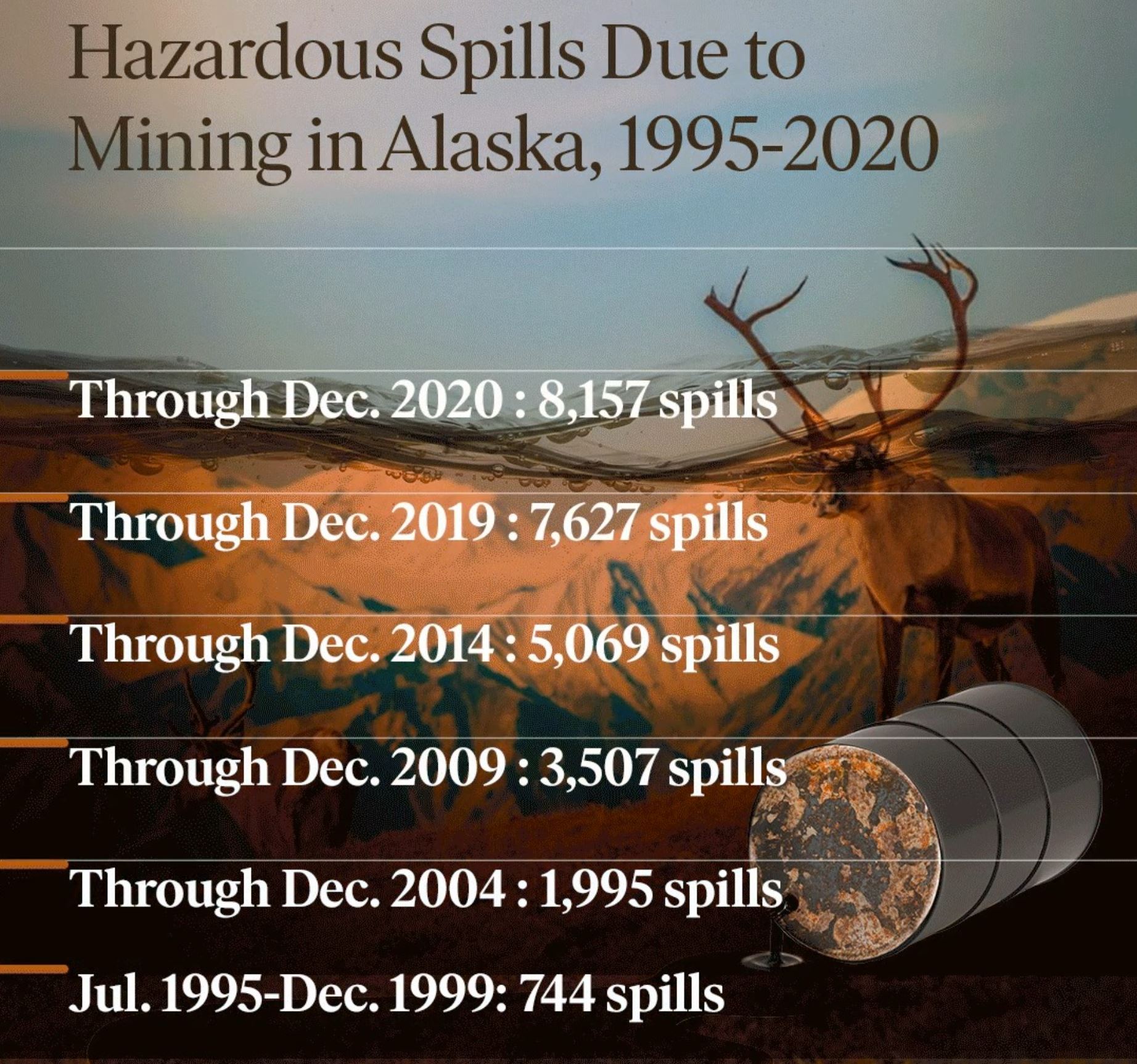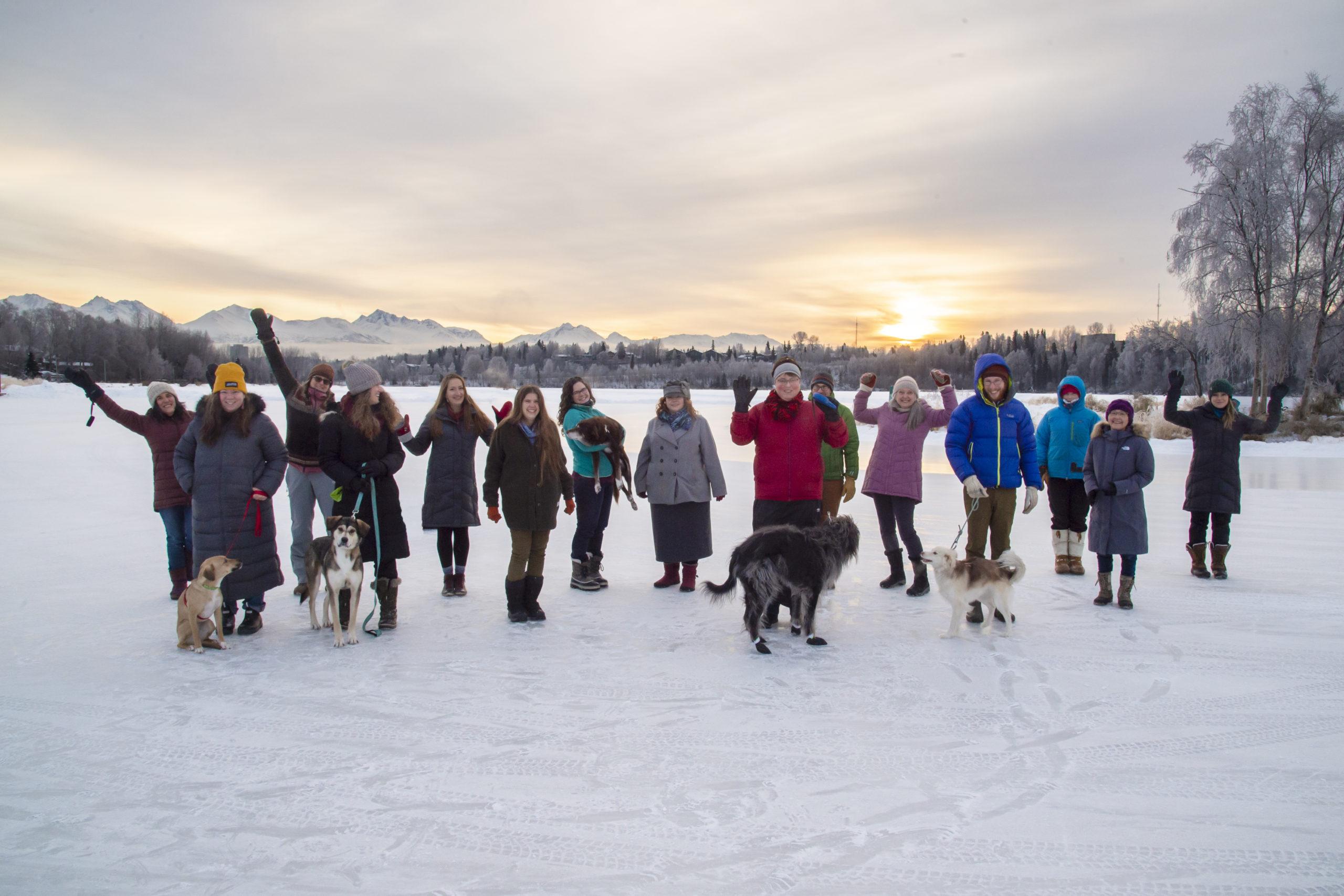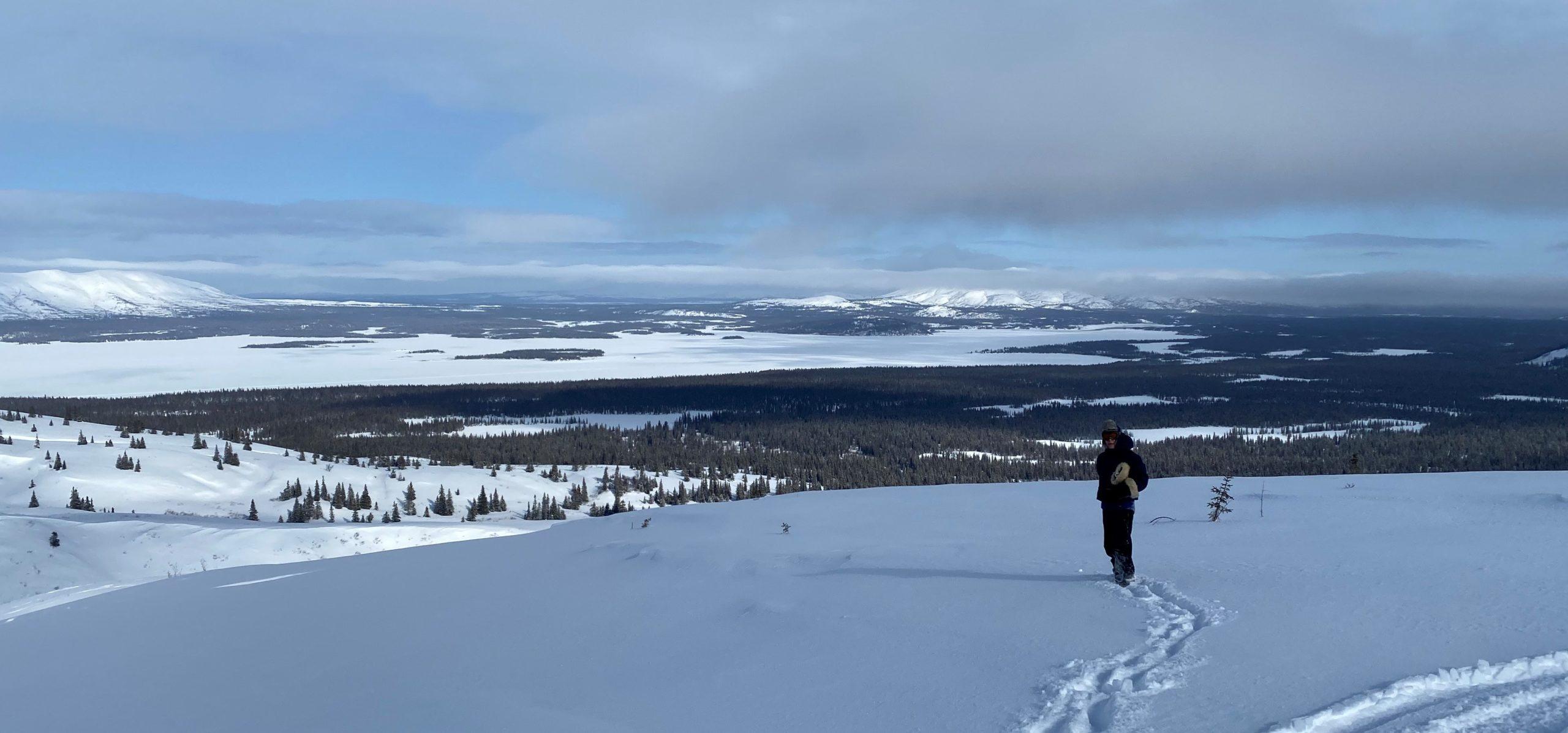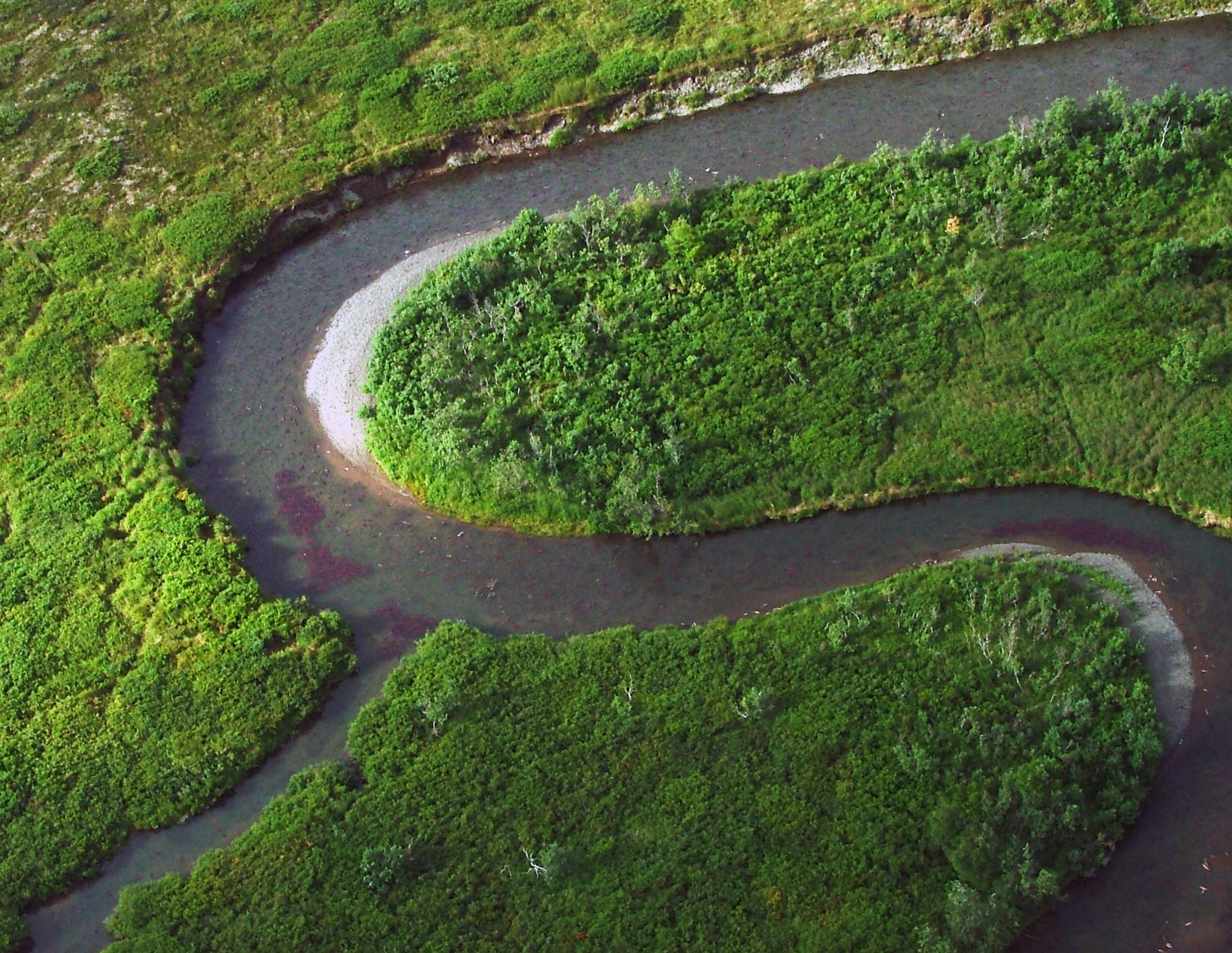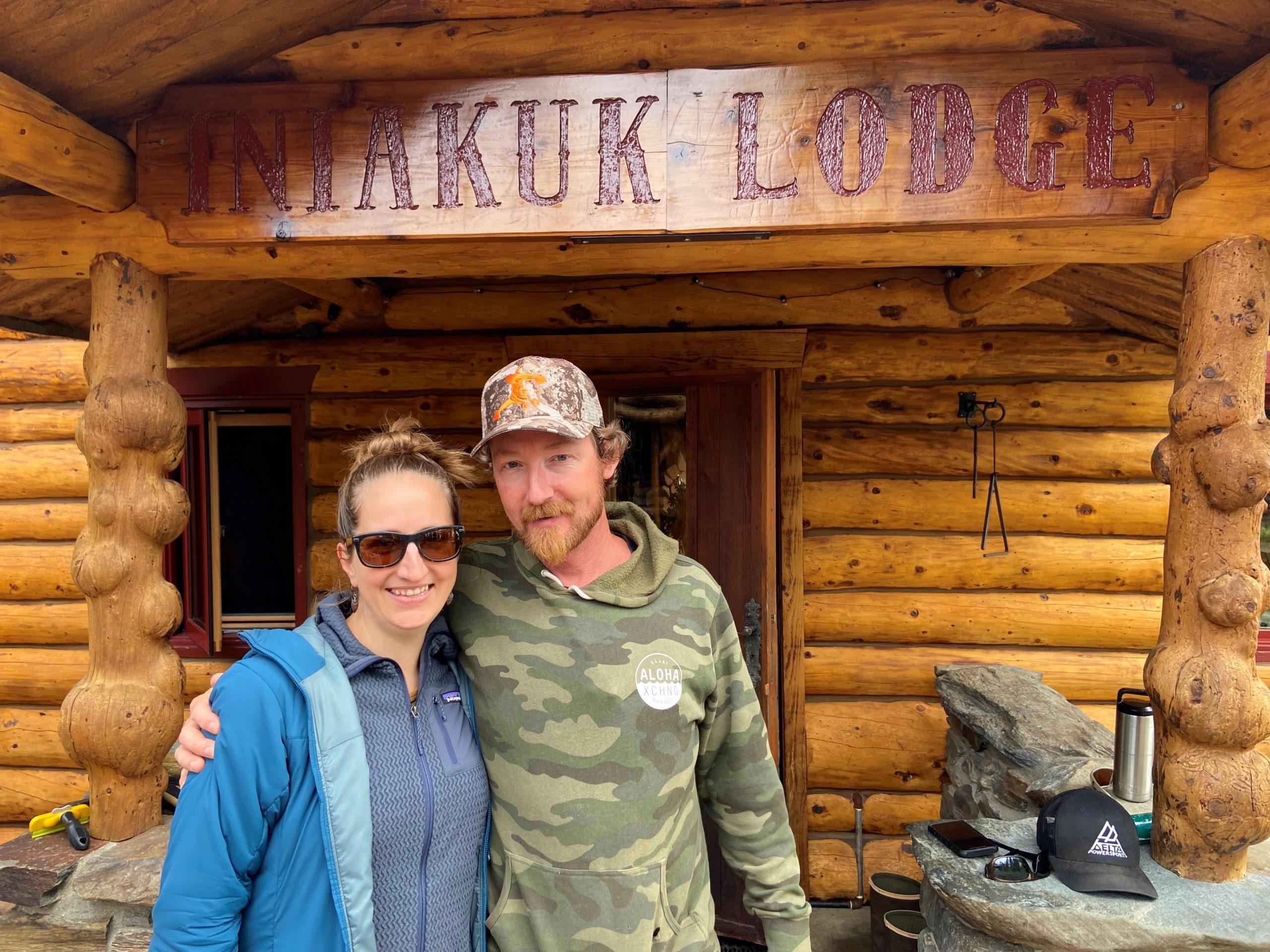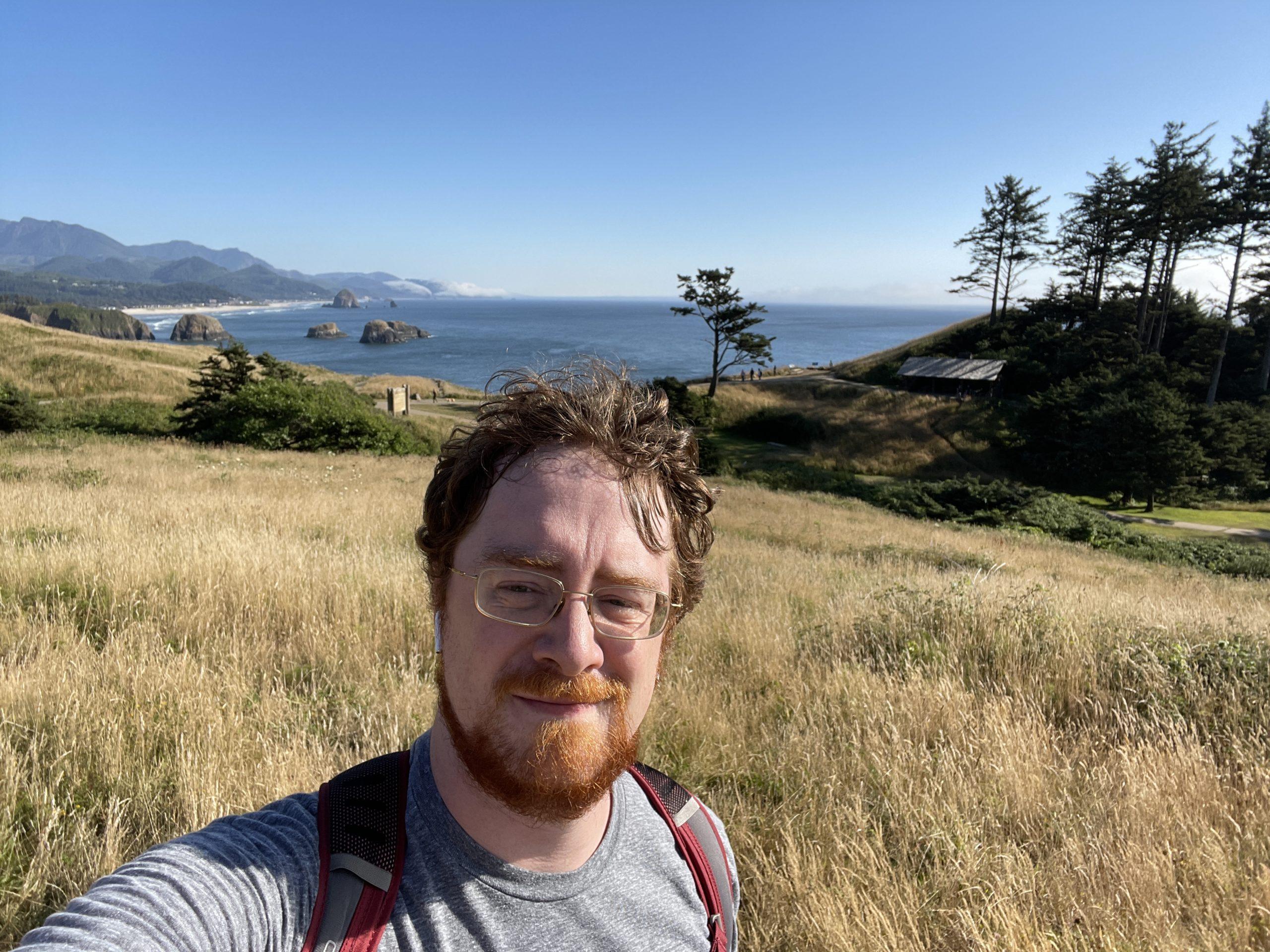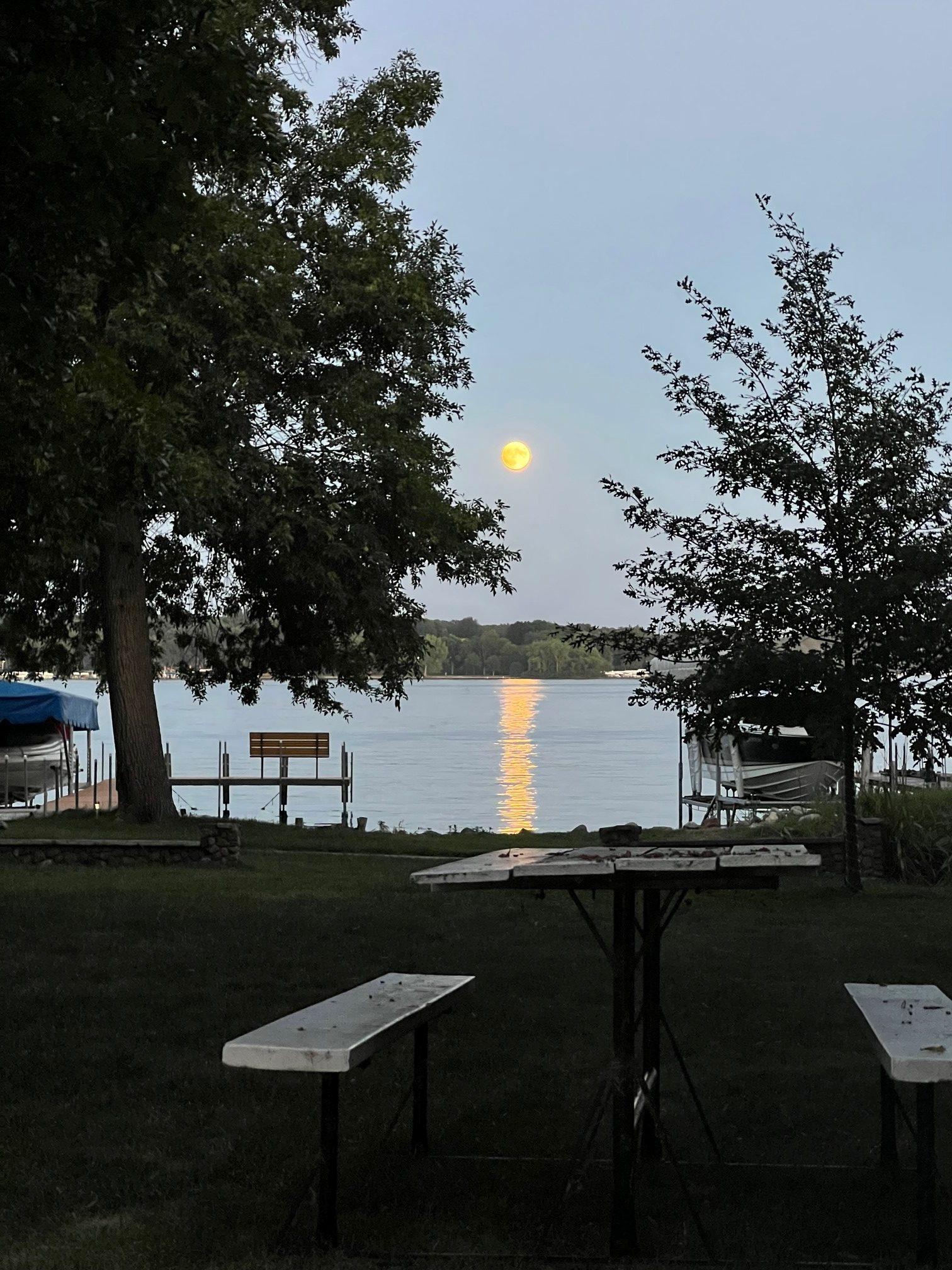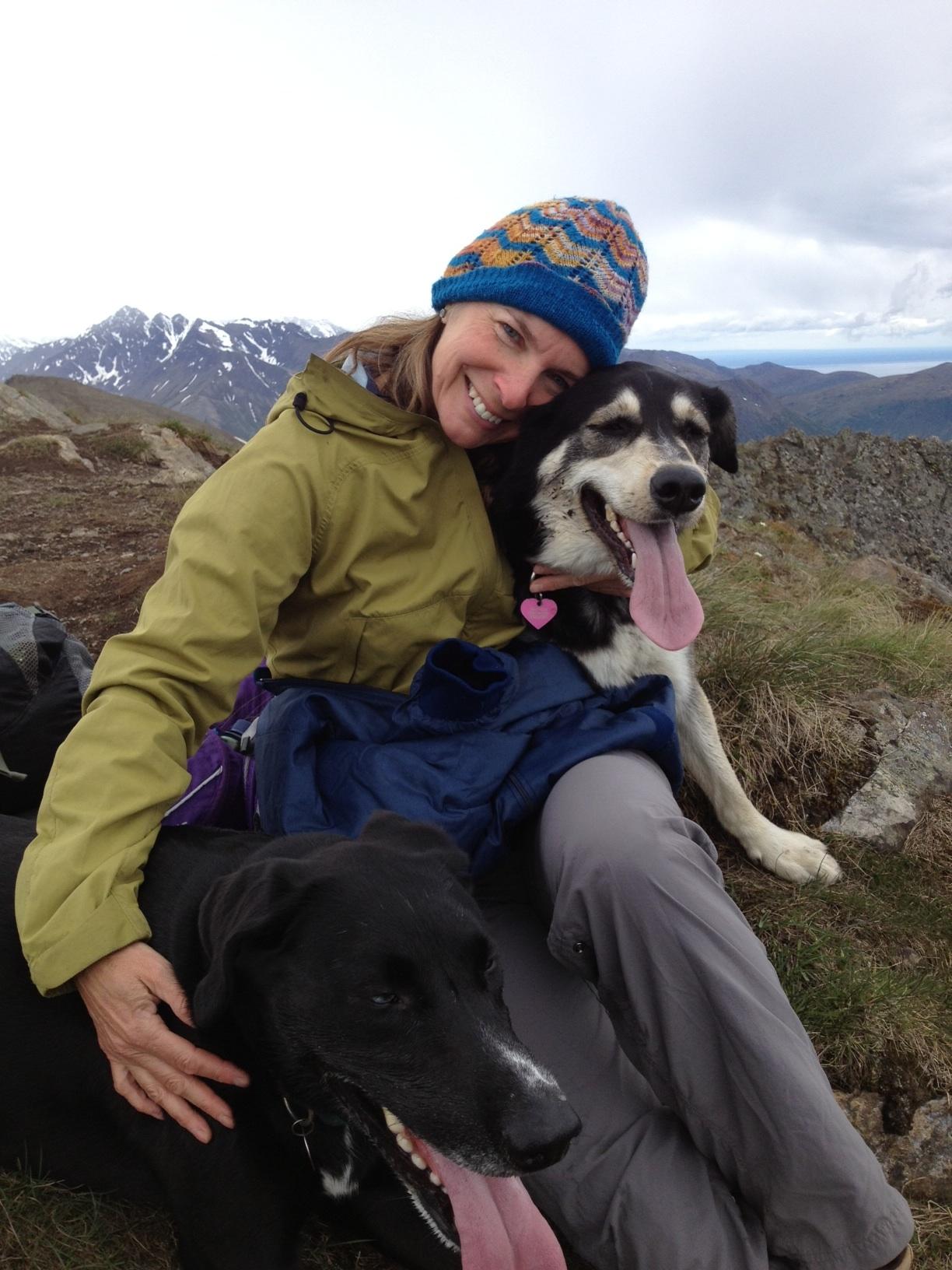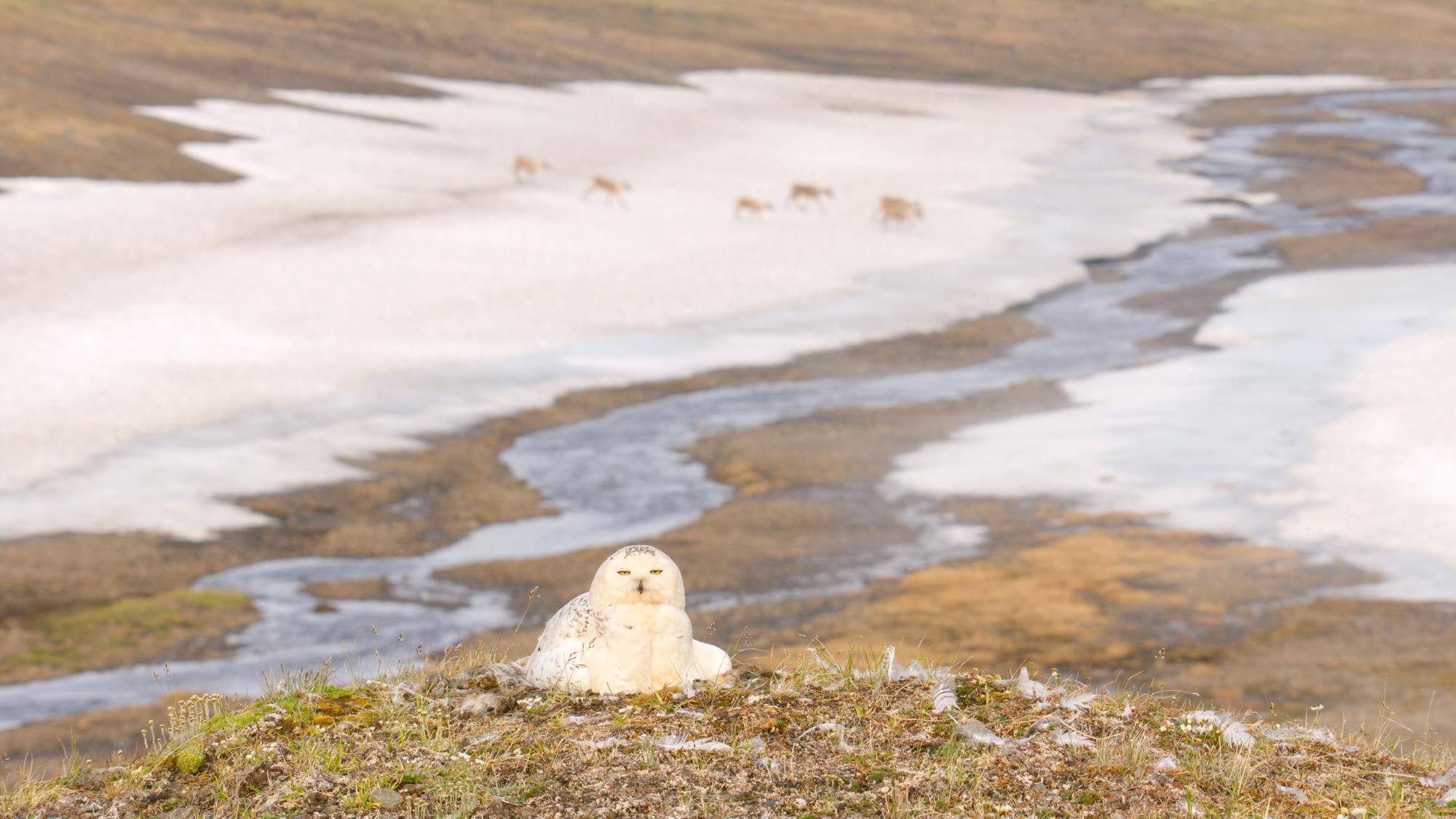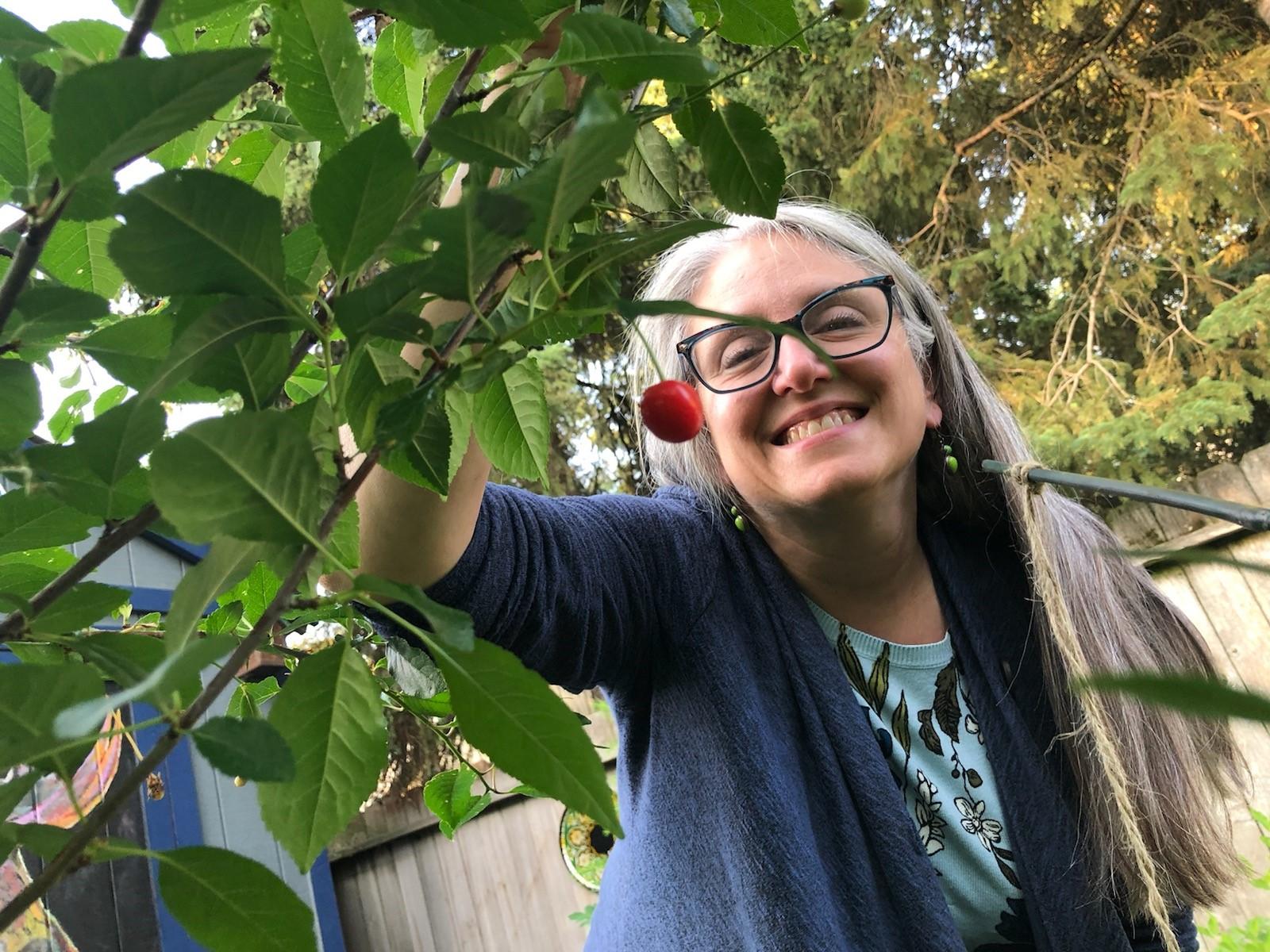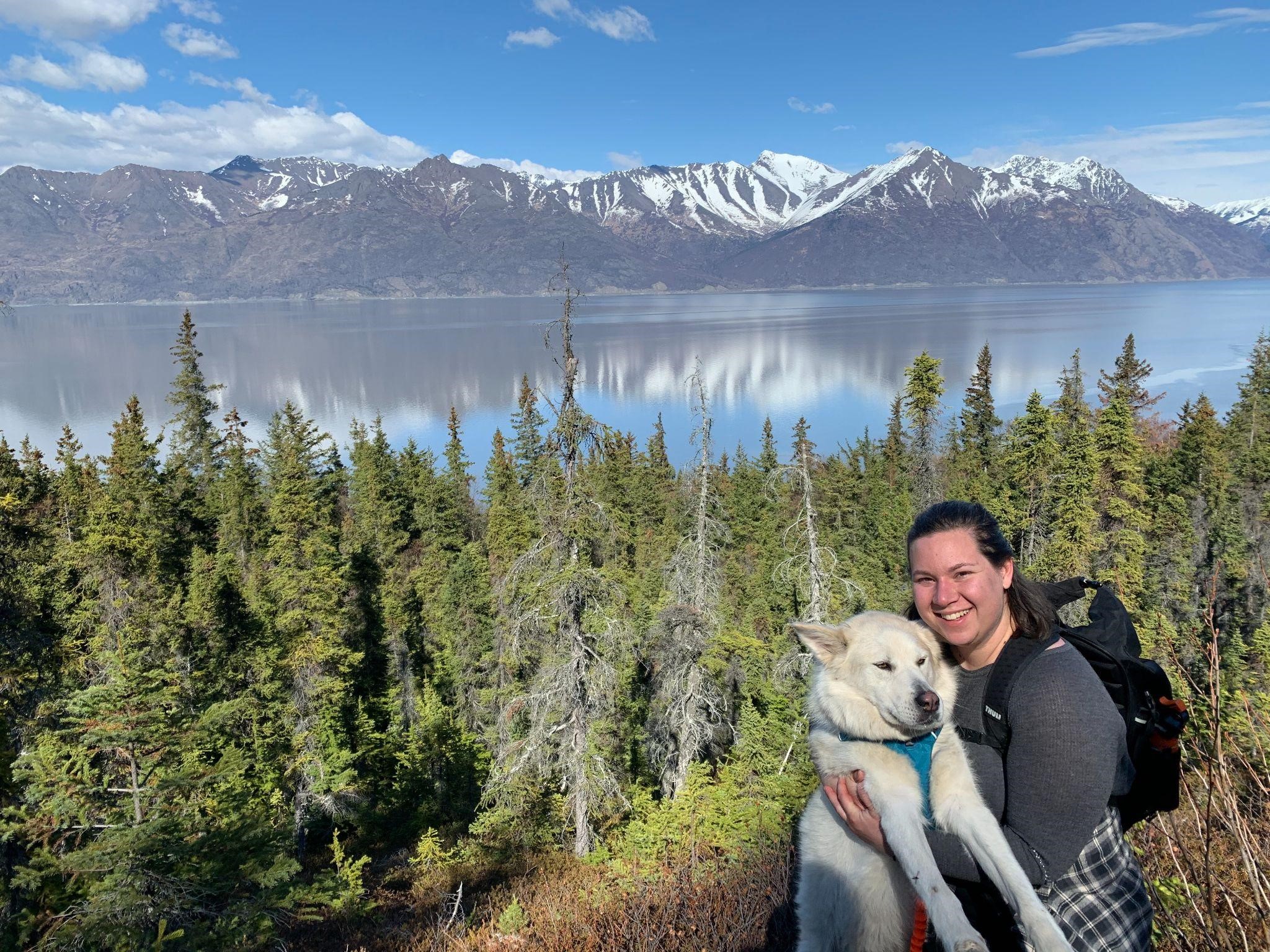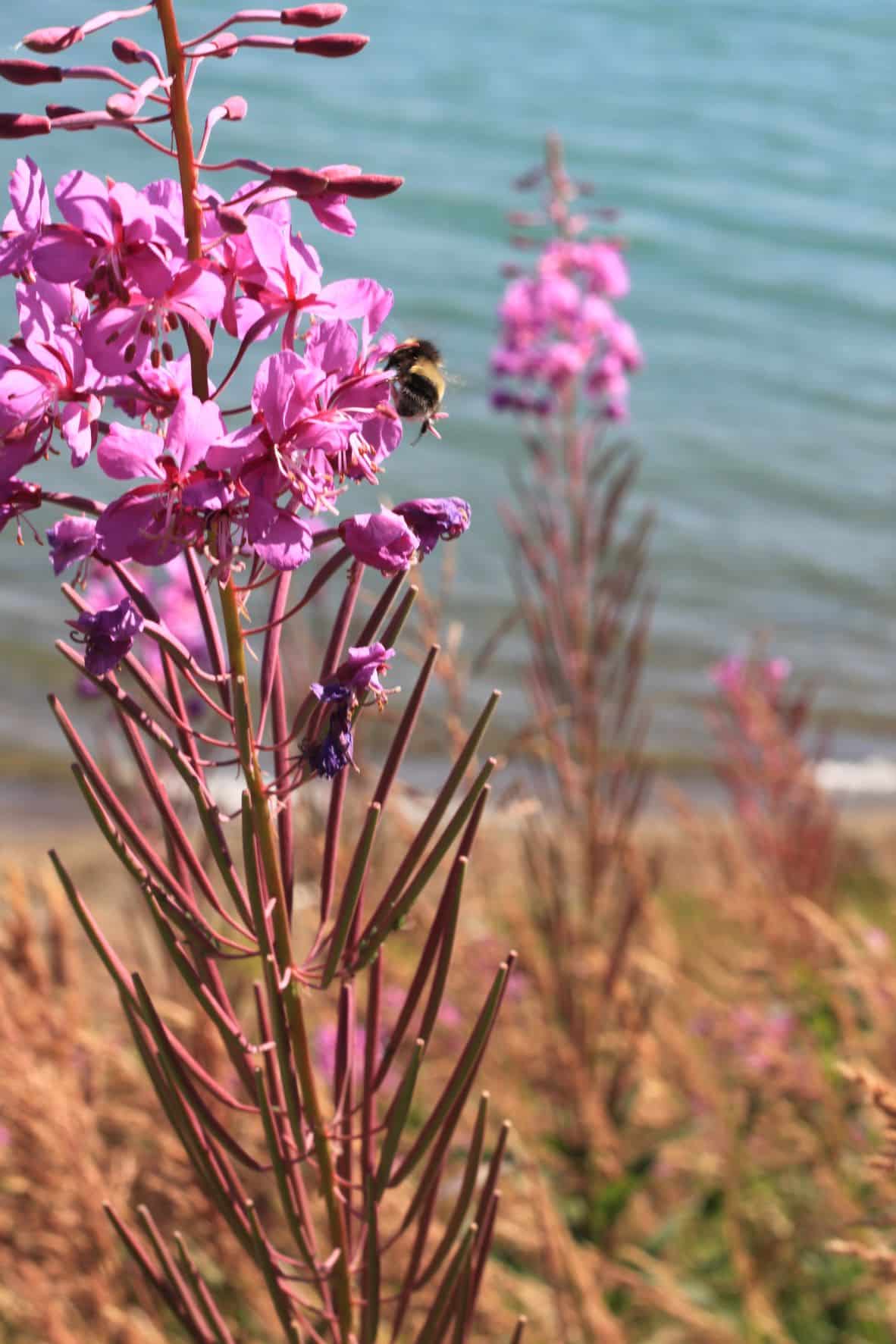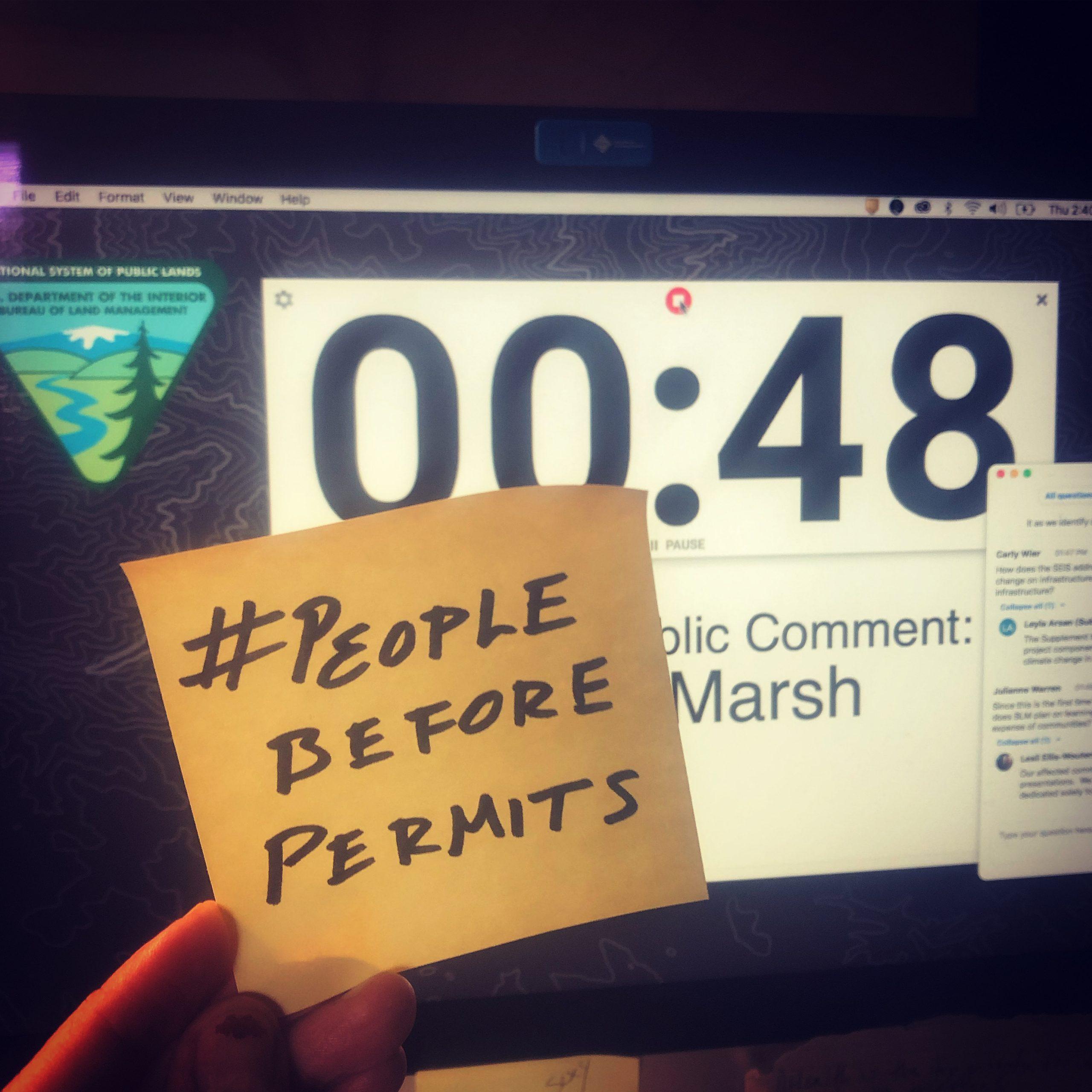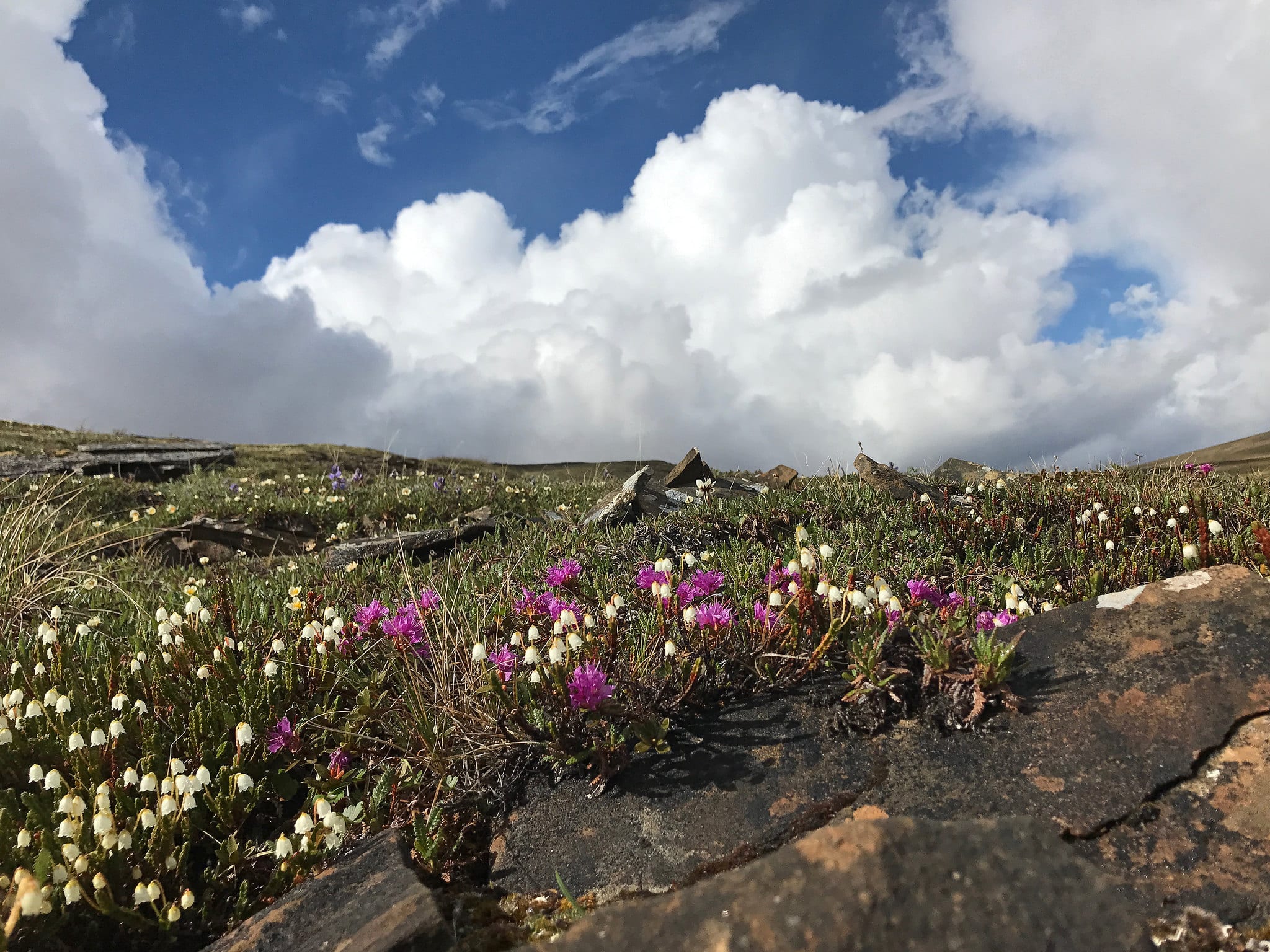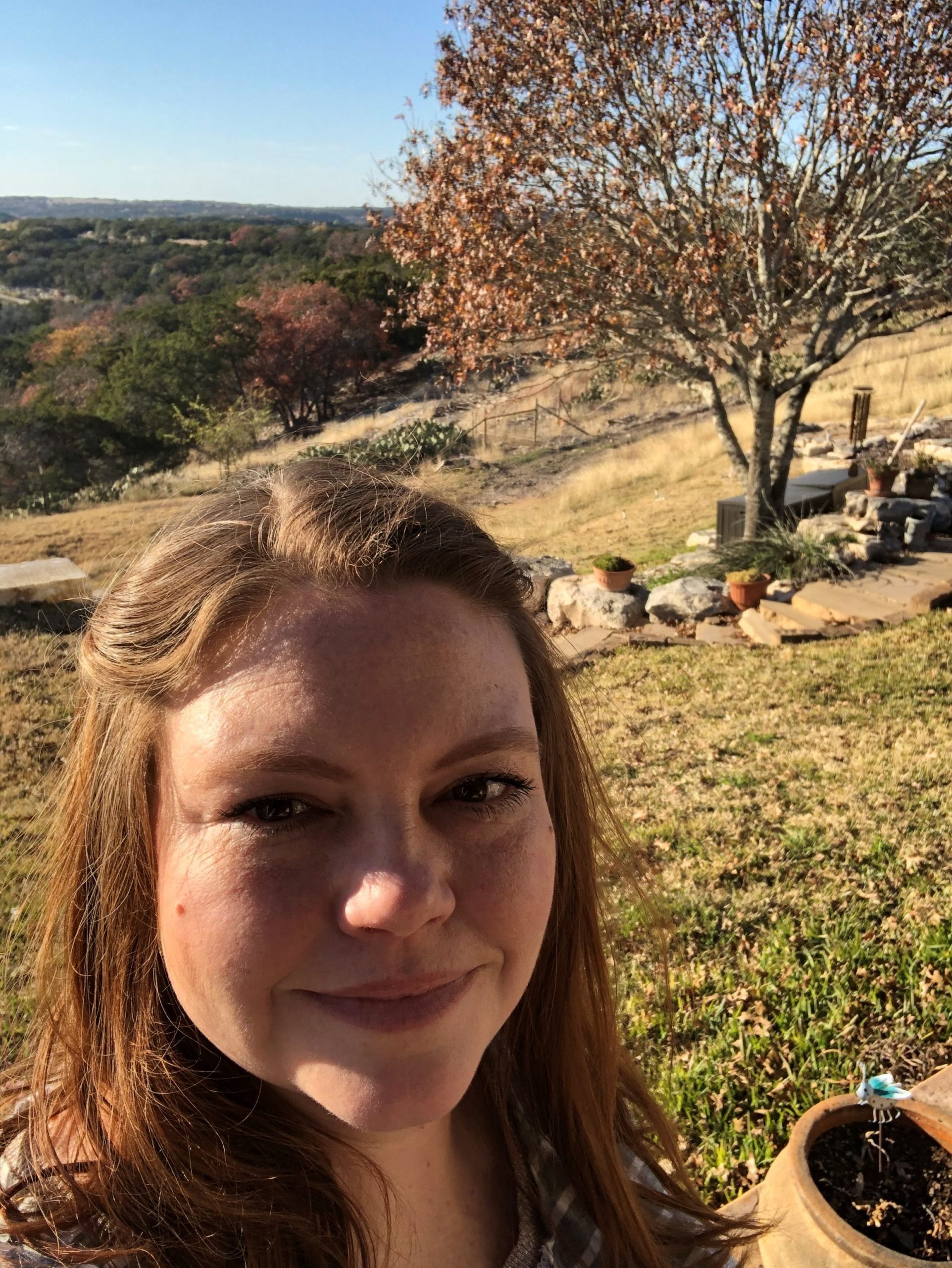You searched for
-1
search,search-results,paged,paged-6,search-paged-6,wp-theme-bridge,wp-child-theme-bridge-child,bridge-core-3.3.1,qode-page-transition-enabled,ajax_fade,page_not_loaded,,qode-title-hidden,qode-child-theme-ver-1.0.0,qode-theme-ver-30.8.1,qode-theme-bridge,wpb-js-composer js-comp-ver-7.9,vc_responsive
We argued in Ninth Circuit Court to protect Izembek & all national parks and refuges in Alaska
On a sunny December afternoon in Pasadena, California, we argued before a full panel of the U.S. Ninth Circuit Court of Appeals to protect national parks and refuges in Alaska, and to uphold the integrity of a law intended to conserve these lands and the subsistence uses of them. We’ll talk about the oral argument soon, but we first want to overview what’s at stake.The outside life–an ode to icy slopes and jampacked campgrounds
I’ve been incredibly lucky to call Alaska my home for over 11...To make is to share, a winter solstice reflection
Every December as the shortest day of light approaches, we like to...Joyfully pressing the pause button: Alaska News Brief November 2022
I don’t know about you, but I need a break. It’s been a long slog through the election season with its bombardment of calls, texts, emails, and junk mail, and I really feel the loss of sunlight, too. It’s been a minute since I’ve been able to unplug long enough to really relax. I’m excited, though, because soon I get to scuba dive again in Loreto, Mexico, on the Gulf of California north of La Paz. But before I get to that, I want to reflect on a few great things that have happened here at Trustees since Election Day.Between a rock and a hard place: the road to Ambler
In the first piece in our series on mining in Alaska, we talked about how the push for green energy mining could replace one catastrophe with another. The Ambler road project is the poster child. The project is being promoted by the Alaska Industrial Development and Export Authority, a state agency with little to no legislative oversight, an insulting lack of public transparency, and a rigid agenda impervious to good sense.A climber’s reflection: Being in that exact spot, at that exact moment
I always wanted to climb as a kid. As soon as I started to walk, I started to climb. When I got to the top of whatever I summited, I would start to count down, forcing my parents to rush over and grab me before I jumped. Though I grew out of BASE jumping, I never stopped climbingThe heaviness of change: Alaska News Brief October 2022
Lately I’ve been hamstrung by the heaviness of change. It doesn’t take...Between a rock and a hard place: Pushing for “green energy” mining could replace one catastrophe with another
By Dawnell Smith Clean energy is in the air these days—in the...Join our team!
We’re looking for a staff attorney, legal director, and communications coordinator We’re...A recipe for well being
By Brian Litmans, legal director Just after I graduated from law school...In memory of a fierce advocate for good: Alaska News Brief September 2022
We lost a friend and board member to cancer last month. Glo...A Pebble mine update: Can we just let the salmon run?
The Pebble mine proposal has upturned lives and posed a constant threat to communities and ways of life. People in the region had to say “no” over and over again for decades. Meanwhile, the fish keep coming back in record numbers. Salmon continue nourishing dozens of local communities and a commercial and recreational fishery that feeds the world and supports thousands and thousands of jobs. In a time where climate and other environmental facts have led to poor salmon runs throughout the state, Bristol Bay keeps bringing hope. So, can we please just let the salmon run?A trip to the South Brooks Range makes the Ambler road threat palpable
One of the things that most struck me in flying across the proposed Ambler road route was just how complex the waterways are across the Southern Brooks Range. Waters flow down off the mountains of the Brooks Range and crisscross the vast valleys down below. In just the distance between Coldfoot and Iniakuk Lake, we flew over countless winding rivers, streams, and lakes.From disillusionment to advocacy–my path to environmental law
Growing up, I probably wouldn’t have considered myself an “environmentalist.” No, I wasn’t a climate denier or serial-litterer. I was always - and still am - a big lover of the outdoors and would have supported anything to protect it! Rather, I was disillusioned with the conservation and environmental movement as I had perceived it in my hometown of Portland, Oregon, and as I related to it as a person of color.Playing on the Chattahoochee floodplains seeded my interest in legal advocacy
I grew up along the Chattahoochee River in Georgia, just north of Atlanta, and spent my formative years exploring and playing in the floodplains along the river. Little did I know that that was my first brush with environmental law – being able to enjoy undeveloped land protected by Georgia law requiring buffers along rivers.An August surprise: Alaska News Brief August 2022
Last week I flew down to Iowa to surprise my sister Julie...The ache and the awe of tender gravity
Marybeth Holleman’s first book of poetry, “tender gravity,” came out this month,...The Arctic on the precipice
By Dawnell Smith Alaska faces serious climate impacts, pollution concerns, and industrial...My summers with dirt
By Tracy Lohman Gardening is my obsession. The first bite into a...Press Releases: 2021
16 Aug, 2022
in
2021 Press Releases September 16, 2021: Lawsuit calls out Biden administration for...
in
Press Releases: 2019
16 Aug, 2022
in
March 29, 2019: District Court ruling protects Izembek August 7, 2019: Lawsuit...
in
Press Releases: 2020
16 Aug, 2022
in
2020 Press Releases June 2, 2020: Court shuts down Interior’s second illegal...
in
Press Releases: 2018
16 Aug, 2022
in
January 29, 2018: Lawsuit challenges Zinke, King Cove land exchange January 31,...
in
Press Releases: 2017
16 Aug, 2022
in
February 8, 2017: Conservation groups join lawsuits on predator controls March 31,...
in



